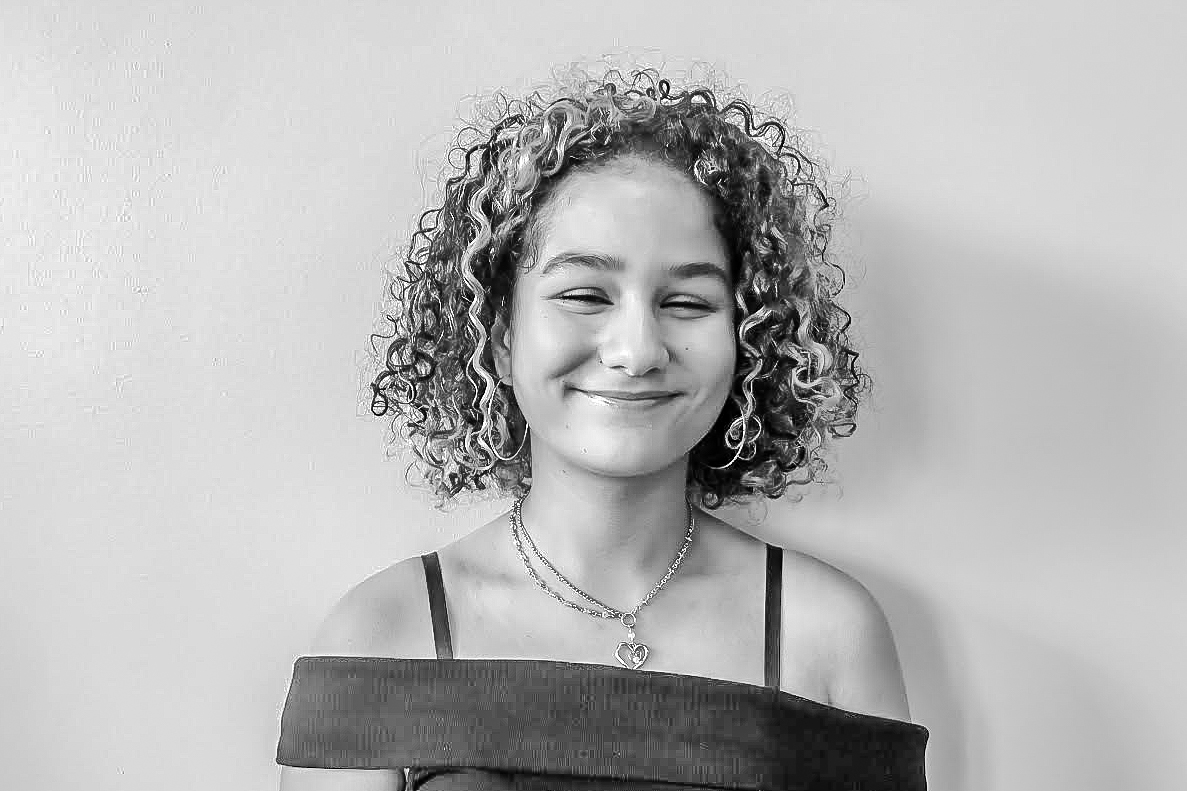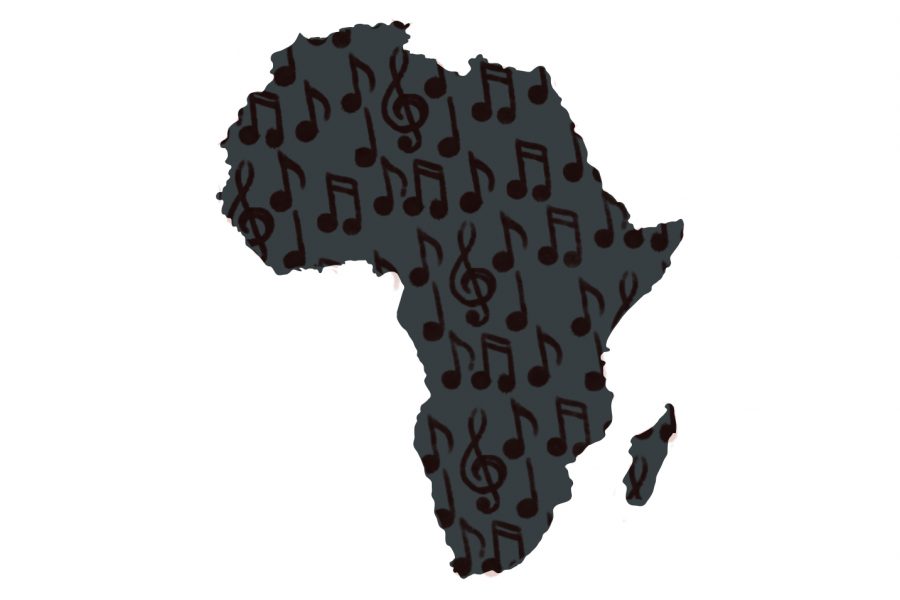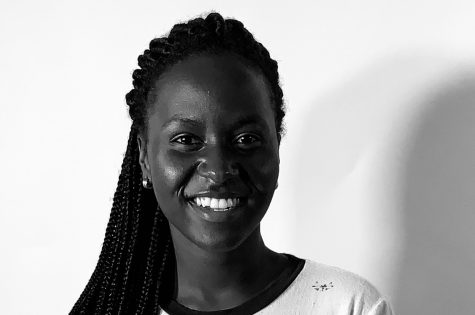African Music is Becoming Mainstream
Analyzing the rise of Afrobeats.
Music in-placed inside the shape of Africa to show that musical sounds and talents that come out of the continent.
December 19, 2019
African music has now become mainstream! It is a genre that has taken years to reach the American public. In 2016, the genre solidified its place in the charts when “One Dance” by Drake made Nigerian afro-beats artist Wiz Kid, who was featured on the track, the first Nigerian artist to reach the U.S music charts.
On November 20, African music solidified its popularity with the release of the 62 Grammy nominations. In the nomination list for Best World Music Album, Nigerian Afro-fusion artist Burna Boy is nominated for his album “African Giant.” As one continues down the list, “The Lion King: The Gift” by Beyonce is nominated for Best Pop Vocal Album, “The Lion King: Songs by Various Artists” is nominated for Best Compilation Soundtrack For Visual Media and “Spirit” from “The Lion King” and “The Lion King” itself were nominated for Best Score Soundtrack for Visual Media.
The genre has continued to expand as various African artists continued to collaborate with other musicians all over the world—Nigerian artist Seyi Shay collaborating with Harlem R&B singer Teyana Taylor, Mami rapper Rick Ross working with Tanzanian artist Diamond Platnumz, Latin artist Becky G featuring Senegal’s Akon, and many more.
However, the fame of Afrobeats or African-infused sounds began many years before. There had been previous advocates, such as Bob Marley, who promoted Pan-Africanism, and the Hip Hop infused reggae album “Distant Relatives,” which celebrates the power of Africa, by New York rapper Nas and reggae singer Damion Marley.
The collaboration between African artists with musicians of the African Diaspora is an act of today’s Black creatives continuing the spread of Pan-Africanism. African-American musicians partnering with African musicians in music provides a sense of connection to the motherland. In “The Gift: Documentary,” Beyonce expressed her desire for connection with Africa by saying, “visiting countries in Africa, it’s always an emotional experience for me. It feels like I am making peace with a part of me that is yearning for my ancestral connection. We come from this land. We share the same blood and that spirit is unmatched.” That yearning and passion of linkage caused her to create the song “Bigger” on the Lion King Soundtrack.
The intention behind making the “The Lion King: The Gift” soundtrack was to create a relationship between Africa and people of the African Diaspora. Lord Afrixana, one of the artists who worked on creating The Lion King Soundtrack, said, “there has always been this chasm between African American[s] and African[s]. I think projects [will] ease the bridges.”
































